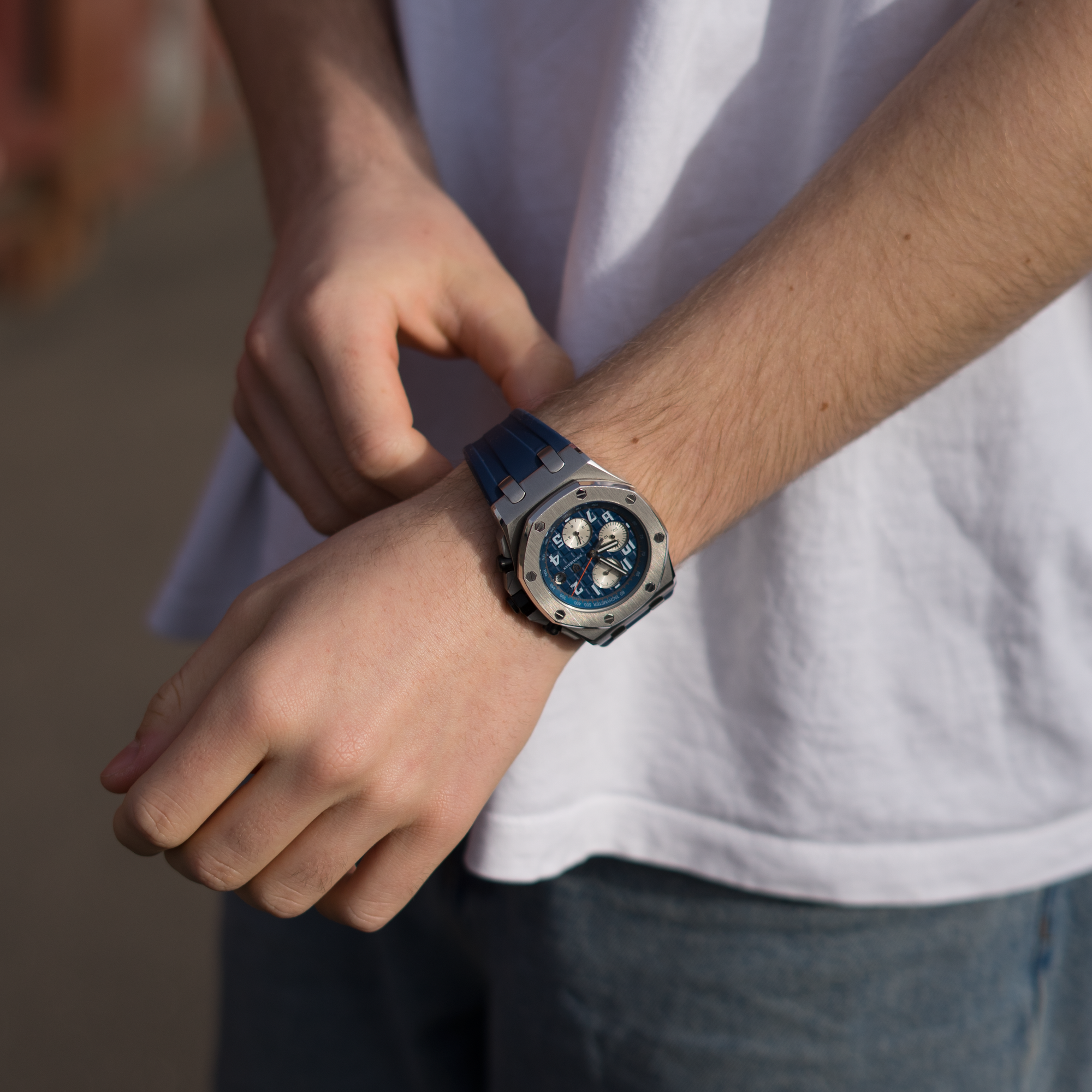Introduction
Watches have long been more than just simple timekeeping devices. Throughout history, they have evolved into symbols of wealth, status, and personal style. This shift has transformed watches into powerful social tools, serving as indicators of one's place in society and means of self-expression. In this article, we will explore the reasons behind the appeal of high-end watches as status symbols, the role they play in social influence, and how they allow individuals to express themselves.
The History of Watches as Status Symbols
The concept of watches as status symbols can be traced back to the 16th century when pocket watches were introduced. As these timepieces were only accessible to the wealthy, owning one immediately signaled one's affluence and social standing. Over time, pocket watches gave way to wristwatches, and the association with luxury persisted.
Today, luxury watches from renowned brands such as Rolex, Patek Philippe, Audemars Piguet, and Omega have become synonymous with success and high social status. Owning a watch from these brands is often seen as an achievement, as it indicates the wearer's ability to afford such a high-priced item.
Social Influence
One of the most significant aspects of watches as status symbols is the role they play in social influence. A luxury watch can send a message about the wearer's financial success, taste, and dedication to quality. In professional settings, a high-end watch can help establish credibility and trust, as it may suggest the wearer's competence and attention to detail.
Moreover, watches can serve as conversation starters, allowing individuals to connect with like-minded enthusiasts and share their passion for horology. In this way, watches can facilitate social interactions and help forge lasting relationships.
Self-expression
In addition to their social impact, watches offer a unique opportunity for self-expression. With a multitude of brands, designs, and complications available, individuals can select a timepiece that reflects their personality and values. For some, this might mean choosing a watch with a striking design, while others may gravitate towards limited edition or rare models to showcase their individuality.
Furthermore, customizing watches has become increasingly popular, allowing for even greater personalization. From bespoke dials to unique strap materials, watch enthusiasts can create timepieces that are truly one-of-a-kind, reflecting their identity and style.
The Psychological Appeal
The desire to own a luxury watch is driven by a combination of psychological factors. These include the need for social validation, self-esteem, and a sense of accomplishment. By owning and wearing a high-end watch, individuals can satisfy these psychological needs, enhancing their overall well-being and self-image.
Conclusion
Watches as status symbols serve multiple purposes, ranging from social influence to self-expression. With their historical association with luxury and wealth, high-end timepieces have become powerful tools that individuals can use to communicate their achievements, tastes, and personal style. As the world of horology continues to evolve, it is likely that the role of watches as status symbols will remain relevant and significant, reflecting the ongoing human desire for recognition and self-expression.



